CORRECTION: A previous version of this piece named Matthew Nielsen as Matthew Nielson. It also stated that he was not part of the Vanderbilt College Democrats or Republicans, but he is a member of the Vanderbilt College Republicans.
CORRECTION: A previous version of this piece said Qwynn Foster was part of the Vanderbilt College Democrats, but he is not a member of either the Vanderbilt College Democrats or Republicans.
United Campuses for a Divided Nation (UCDN) moderated both large and small group political discussions between the Vanderbilt College Democrats (VCD) and the Vanderbilt College Republicans (VCR) on Feb. 17. The groups shared ideas about the Russia-Ukraine conflict, the Second Amendment, immigration, taxing the upper class, election safety and voter suppression, trust in the media and economic inflation.
This event was the first time that the UCDN facilitated discussions between the VCD and the VCR, who typically meet to debate each other. UCDN was founded out of an October 2020 collaboration between Vanderbilt senior Joshua Kayiwa and Fisk student Imani Campbell (‘21) in response to increased political polarization surrounding the 2020 presidential election. Kayiwa, the current co-chair of UCDN, described it as a student-led, multi-campus nonpartisan organization dedicated to bringing people from differing political viewpoints together.
Kayiwa opened the meeting by stating the expectations for and purposes of the gathering.
“We have a desire to see the common humanity in both parties,” Kayiwa said. “The main objective for tonight is to be able to dialogue with the other side, see new perspectives and bridge different groups.”
Before breaking into groups of three to eight UCDN, VCD and VCR members, the UCDN reiterated its intentions for civil discourse. Kayiwa introduced guidelines to be followed in the discussions, including that there would be no debates, no winners and no personal attacks tolerated.
“We’ve come to understand that there are certain principles that when you follow in conversation, they lead to a more successful and healthy conversation,” Kayiwa said. “We decided to make sure to set the tone of respect and understanding.”
For the large group discussion, students who wanted to speak had to raise their hands and be called on; each was given 90 seconds to contribute. The moderators ensured that respect and decorum were followed and that the speaking time rule was implemented.
The two large group discussion questions were selected by Kayiwa, junior and VCR President Shane Mumma, junior and UCDN Vice President Jeffrey Hudleston and senior and VCD President Isabella Randle.
“We discussed what topics would be good speaking points for people to find common ground and for it not to be too controversial,” Kayiwa said. “We want people to be willing to meet in a safe environment and discuss these topics.”
After 15 minutes of small group discussions, the UCDN introduced the first of two large group discussion topics: whether or not the Second Amendment should be limited.
“I think the Second Amendment should be limited,” first-year Qwynn Foster said. “I think we have a massive problem in our country with school shootings…[and because] pistols and shotguns aren’t used in school shootings, I think we just don’t need AK-47’s and [other military assault weapons].”
Junior Matthew Nielsen, a member of VCR, disagreed with Foster’s arguments.
“I think the Second Amendment is already pretty regulated,” Nielsen said. “School shootings are statistically pretty rare–we just live in a country of over 300 million people.”
The second large group discussion question considered whether immigration into the U.S. should be limited. This topic sparked a discourse on issues such as open borders, drug trafficking, sex trafficking and the status of DREAMers.
The topic evolved into questions of American exceptionalism after Mumma argued that the reason the U.S. receives a large number of immigration requests is that America is the greatest country in the world.
Because there were no interruptions, profanities or personal attacks, Kayiwa said he felt that the event was a success in fostering a healthy, fruitful political discourse.
“We saw different perspectives shared, people agreeing with each other and disagreeing with certain things,” Kayiwa said. “I’d say it went very well because it was civil and people listened to each other.”

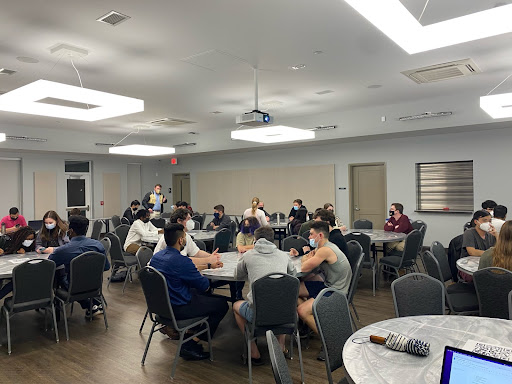

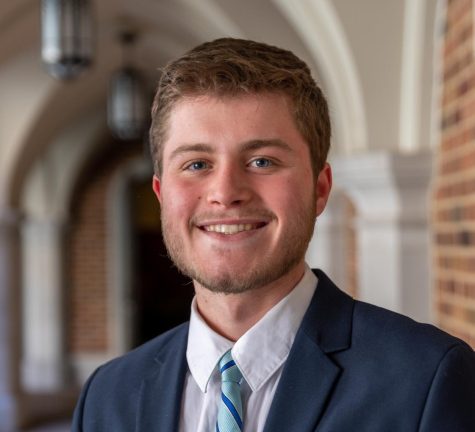
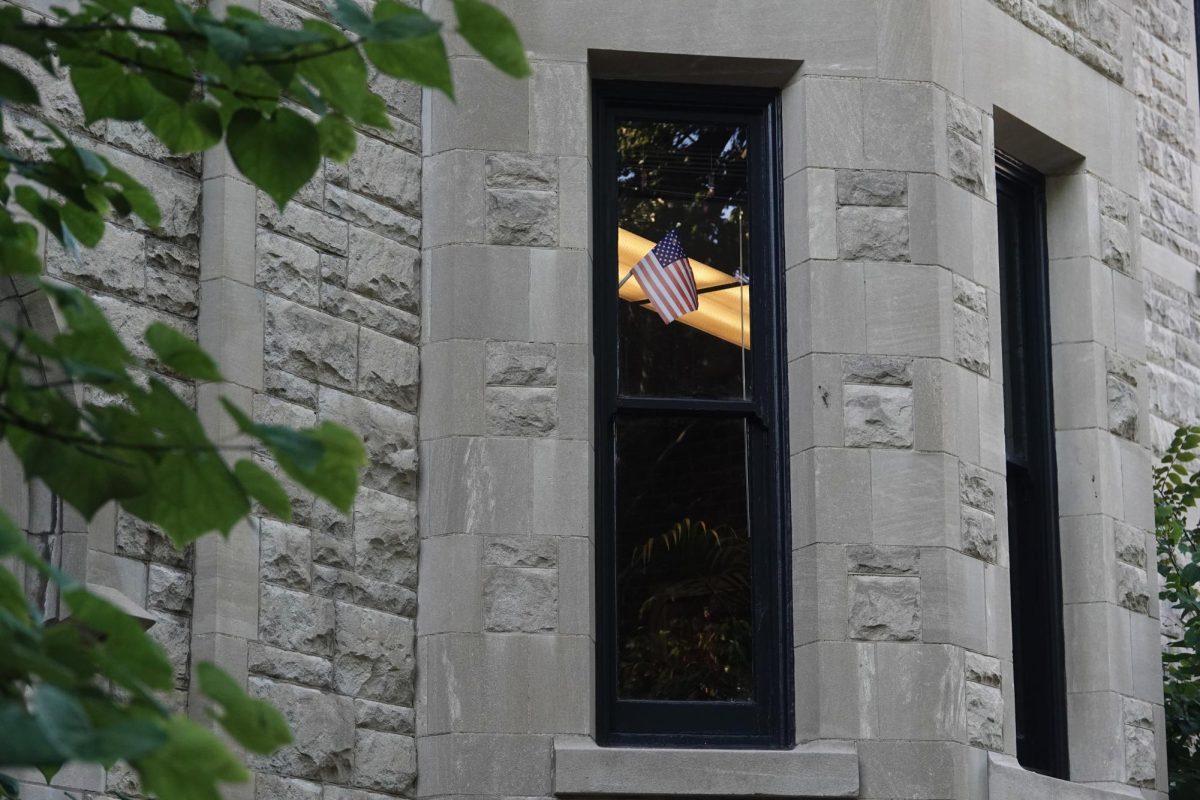
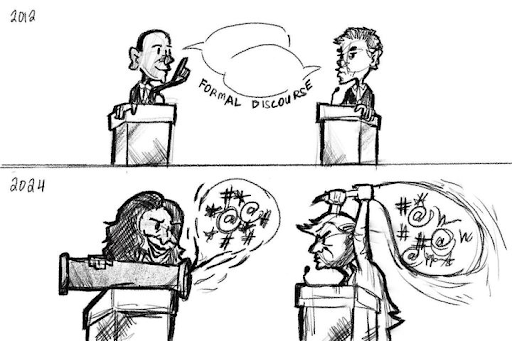

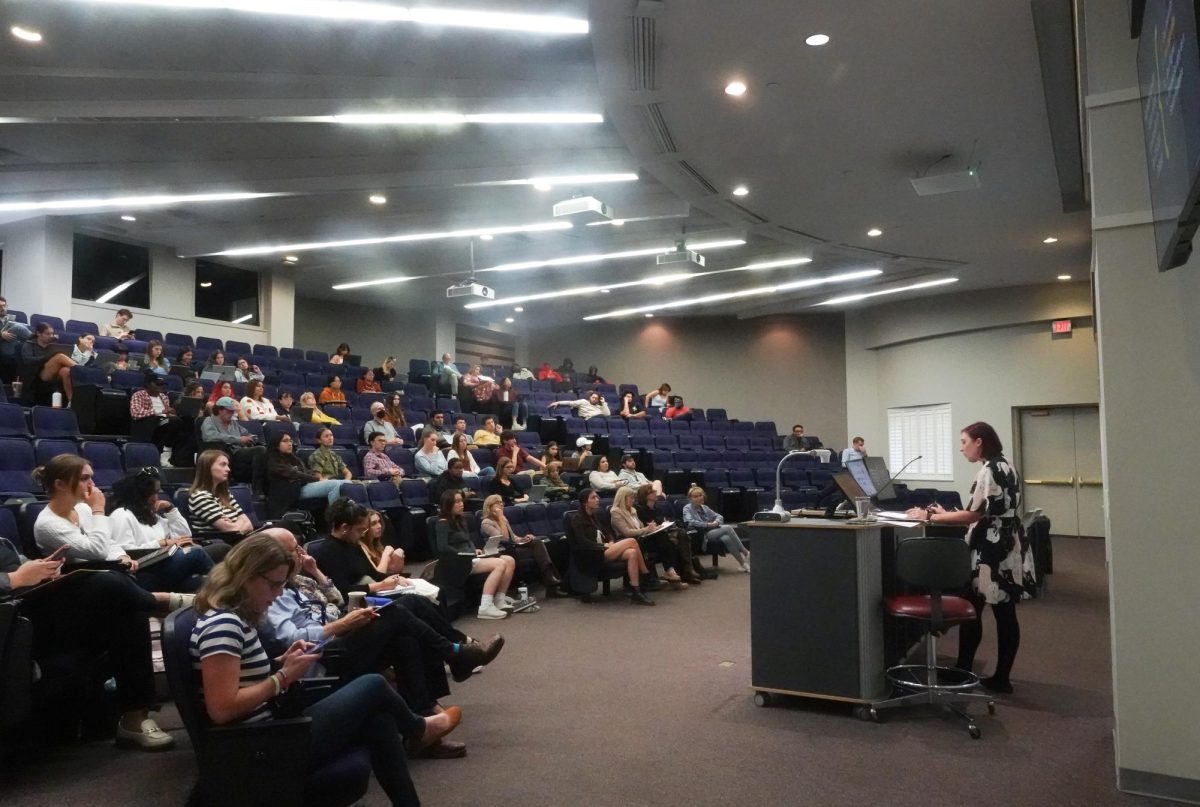
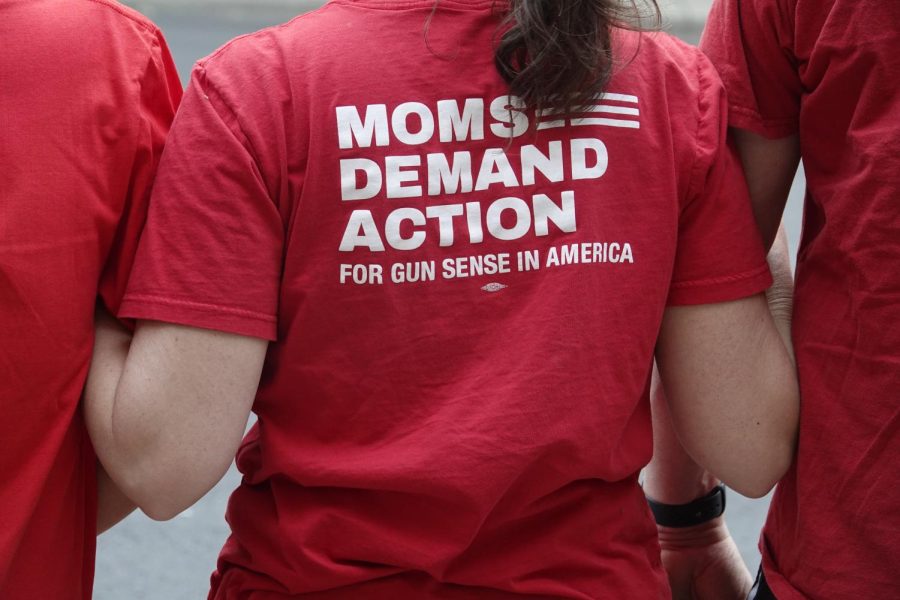
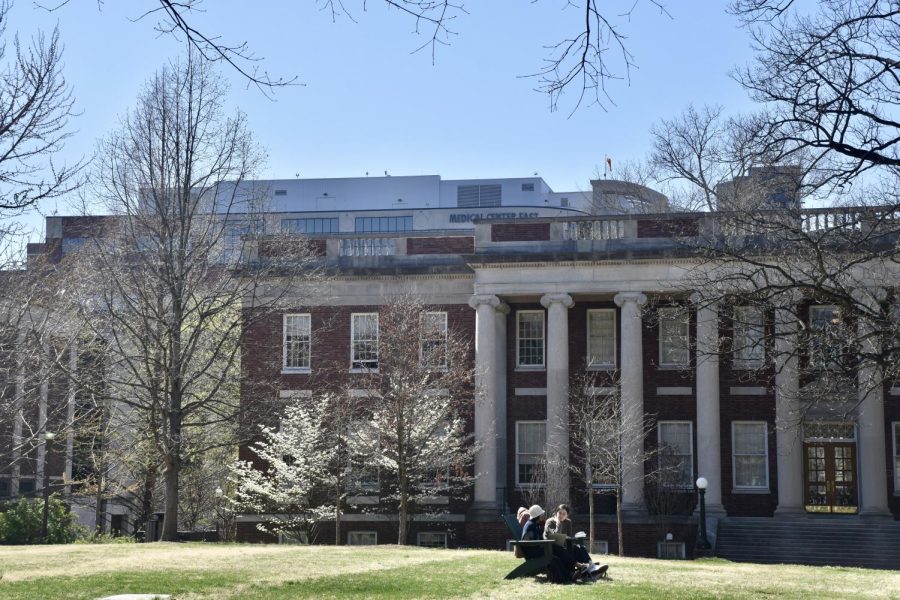

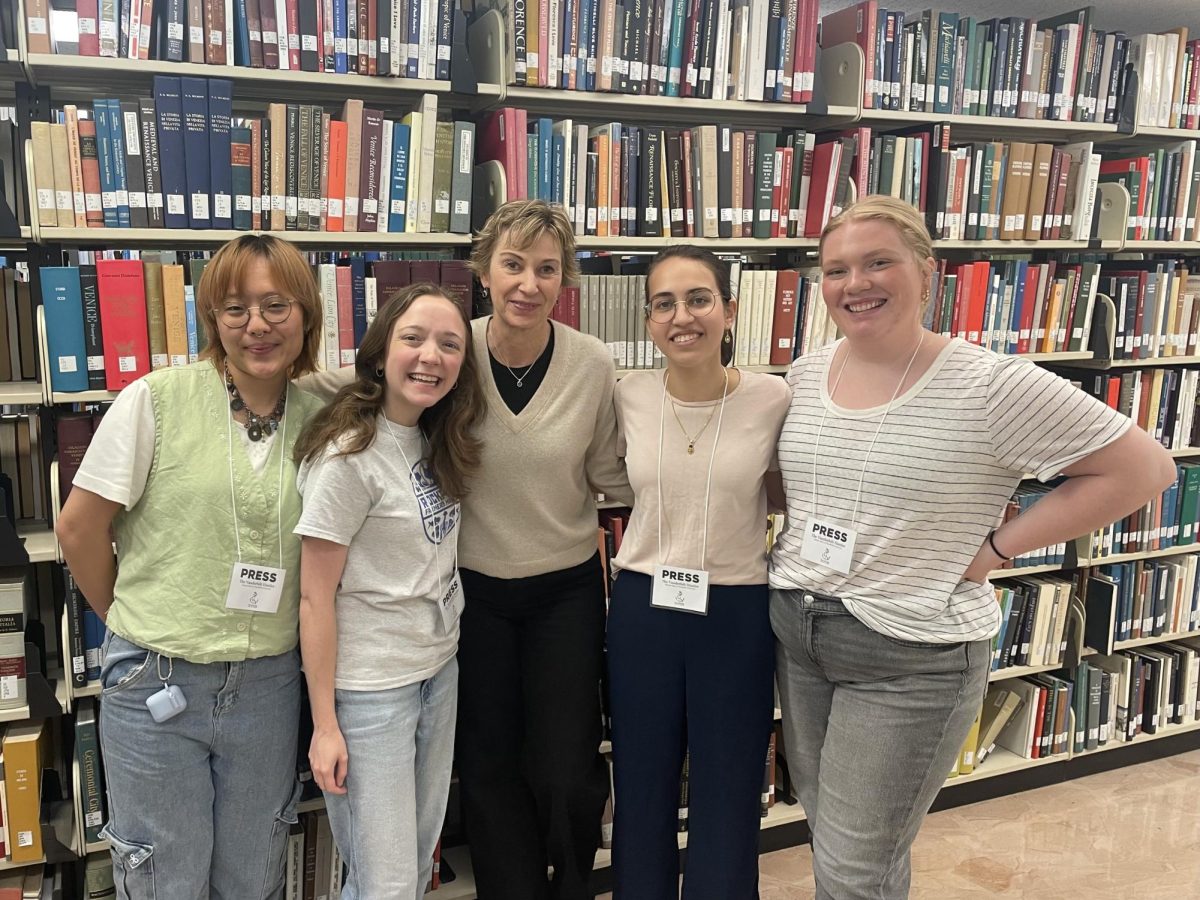
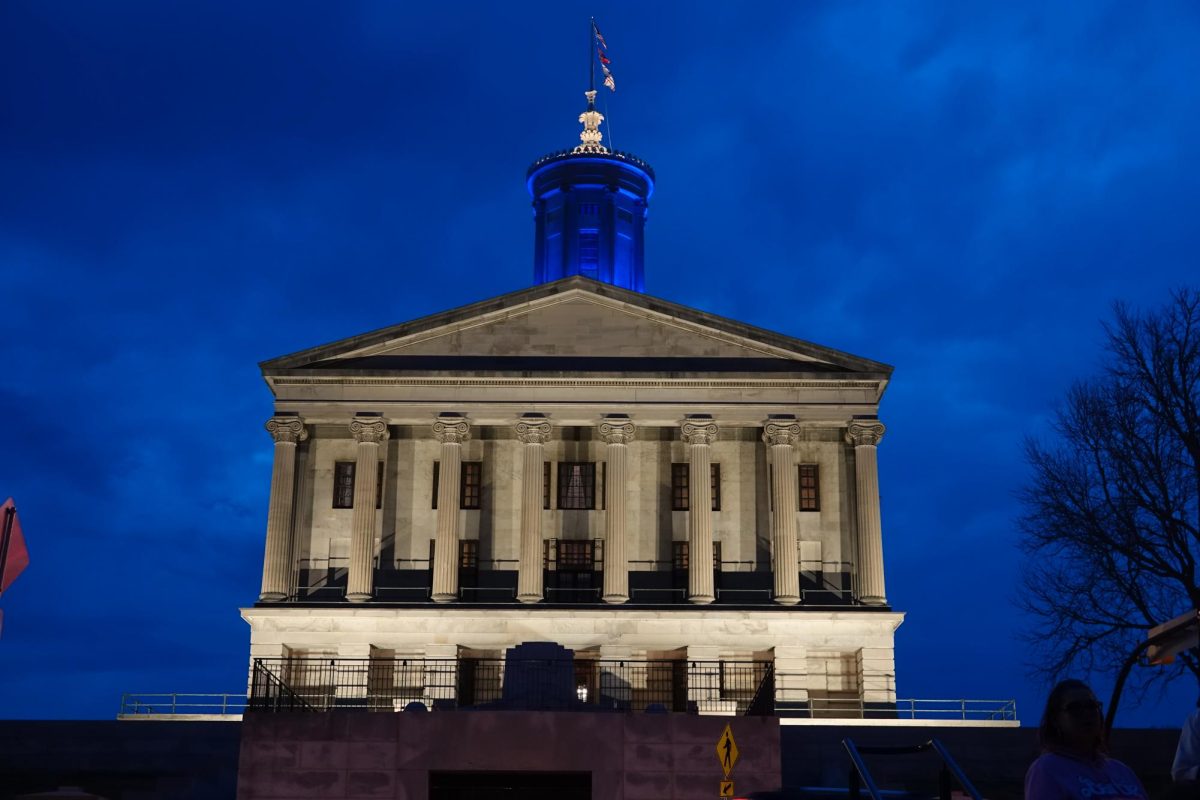
College Independent • Feb 22, 2022 at 8:00 am CST
The worst people to partake in a debate are those who are overly passionate about winning it.
Vandy Student • Feb 22, 2022 at 11:04 pm CST
Did you read the article? This was a discussion not a debate lol… nobody there was trying to win